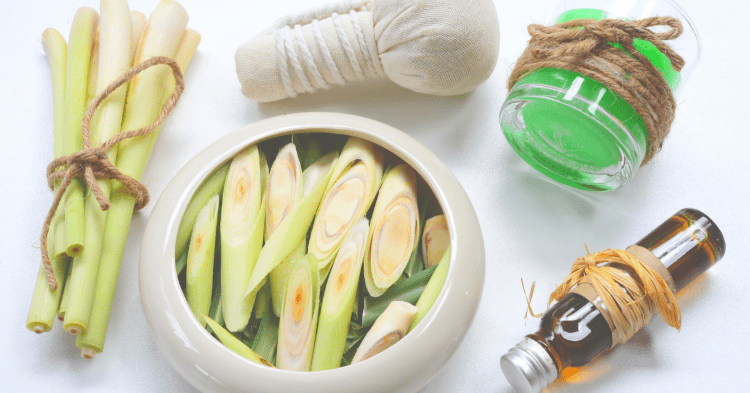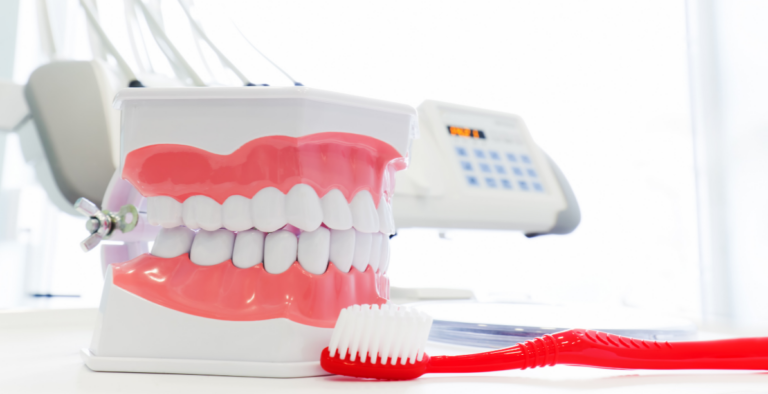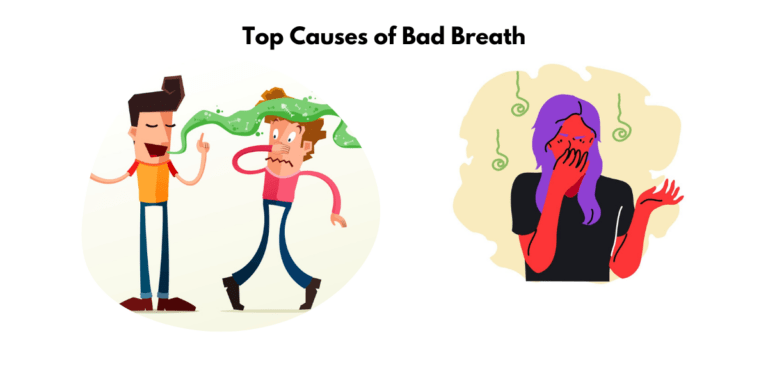Gingivitis: Effective Home Remedies Cure for Bleeding Gums
Effective Home Remedies for Bleeding Gums
If you are looking for an inexpensive and efficient cure for bleeding gums, you came to the right place. Home cures for gingivitis are highly effective if you begin medicating at the early stages of the disease. However, remember that prevention is always better than cure. It is necessary to deal with a plaque before it develops into tartar.
Albeit ingredients to most home cures are natural, they should not be ingested. If you are making your own concoction, make sure to use good quality ingredients in your remedy. Keep them in the refrigerator regardless of where you are located, but most especially if you are in an area with a warm climate.
The cures listed in this article are universally safe to use. But if you have an underlying condition, breastfeeding, or pregnant, we recommend seeking professional advice from your attending physicians first before applying any home remedies for any ailments.
Also, if you are exhibiting extreme symptoms – like excessive bleeding or severe pain – or if none of the home cures you have tried worked to alleviate your condition, it would be best to see a dentist or a medical doctor for a consultation. Gingivitis can cause significant health concerns if left untreated.
What causes gingivitis?
Gingivitis is a bacterial infection that occurs when plaque builds up on the teeth, causing inflammation of the gum tissues. The only way to prevent and treat this is through proper oral hygiene and regular dental visits.
What types of specialists treat gum disease?
Periodontists are the dentists who specialize in the prevention, diagnosis, and treatment of periodontal disease, along with the placement of dental implants. They are also experts in the treatment of oral inflammation.

Options for initial treatment
Before you try other home cures, practice excellent and consistent oral hygiene. If you are not treating your teeth and gums properly, home cures can do little to nothing to cure your gingivitis.
Preventing gingivitis
- It is advisable to brush your teeth after each meal but if it is not possible due to time constraints, brush your teeth at least twice a day.
- Go for a battery-operated automatic toothbrush to boost your cleaning potential.
- Opt for a soft-bristled toothbrush.
- Make sure that you replace your toothbrush at least once every quarter.
- Make flossing a daily habit.
- Choose a mouthwash with fewer chemicals.
- See a dentist for an annual oral care check-up.
- Stay away from tobacco products.
- Limit your sugar intake.
Practicing excellent and oral care consistently is essential in preventing gingivitis and many other dental issues. After examining your dental situation, you can move on to the next step.
Saltwater cure
There was a study conducted in 2016 that showed how a saltwater rinse could cause a positive reaction to inflamed gums due to gingivitis. Salt has natural disinfecting properties that can help our body heal.
It can also:
- help alleviate pain
- minimize bacteria growth
- get rid of stuck pieces of food in between your teeth
- help lessen bad breathe
Saltwater rinse instructions:
- Add half a teaspoon of salt to a cup of warm water, then mix.
- Gargle the saltwater mix for at least 30 seconds.
- Spit it all out.
- Repeat three times daily until symptoms get better.
Caution:
Doing a saltwater rinse for too long or too often can affect your tooth enamel negatively. The solution’s acidic properties will cause erosion to your teeth after long-term use.
Mouthwash remedy for gingivitis treatment
If symptoms persist even after doing the salt water rinse, you may try gargling a more complex mouthwash. However, keep in mind that any kind of mouthwash should be ingested. It is important that you spit everything out after swishing the solution around your mouth.
There are prescription mouthwashes that you can get over-the-counter at your local pharmacy specifically to cure gingivitis, but there is no harm in trying a more natural homemade mouthwash either.

Lemongrass oil is provenly effective in reducing plaque and preventing gingivitis. It was confirmed in a 2015 study that lemongrass oil is more effective compared to mouthwash with the chemical chlorhexidine in it.
Lemongrass mouthwash instructions:
- Add two to three drops of lemongrass essential oil to a glass of room temperature water.
- Gargle the solution for at least 30 seconds.
- Spit it all out.
- Repeat three times daily until symptoms get better.
Edible lemongrass oil is safe and natural, but it is very effective. You can choose to start with a highly diluted solution for your first gargle to prevent further irritation.
Mouthwash with aloe vera
Research conducted in 2016 found that aloe vera works just as well as chlorhexidine to reduce plaque and prevent gingivitis. Either option shows promising results in reducing the symptoms.
Aloe vera does not require diluting, which sets it apart from the other mouthwash options. However, it is crucial that you use 100% aloe vera juice to make it work.
Aloe vera mouthwash instructions:
- Gargle the solution for at least 30 seconds.
- Spit it all out.
- Repeat three times daily until symptoms get better.
Only get aloe vera from an esteemed source to make sure you are getting a good quality product. Take extra care in following the instructions indicated in the packaging. If you have an allergic reaction to aloe vera, do not go for this remedy.
Mouthwash with tea tree oil
A recent study proved that tea tree oil mouthwash has great potential in treating gingivitis.
Tea tree oil mouthwash instructions:
- Add two to three drops of tea tree oil to a glass of room temperature water.
- Gargle the solution for at least 30 seconds.
- Spit it all out.
- Repeat three times daily until symptoms get better.
You may also use tea tree oil to improve your toothbrushing regime by adding a drop of it to your toothpaste before brushing.
Caution:
The first time you use tea tree oil mouthwash, make sure that the solution is highly diluted. A concentrated mixture may cause:
- rash
- allergic reaction
- moderate burning

When should I see my doctor?
The earlier you treat your symptoms, the greater your chances of mitigating the infection. However, if you prolong the treatment, gingivitis may cause severe and permanent damage to your teeth and gums. Not to mention, it can also cause other health concerns.
It is time to go see a medical professional if you have the following symptoms:
- extreme toothache
- severe bad breath
- excessive bleeding of the gums
- intense swelling of gums
The dentist will likely clean your teeth to assess the situation and refer you to a periodontist. They may give you a medicated mouthwash or an antibiotic as a prescription.
You may ask an oral care professional to recommend dental tools or products that will help keep your gums healthy. Surgery is rarely needed to cure gingivitis.
How long does it usually take to heal from gingivitis?
There should be improvements a few days after treatment, but you may continue to experience mild symptoms for a while. Most people report experiencing gingivitis symptoms from 10 days to 2 weeks. The more severe the infection, however, the longer the treatment.
Take exceptional care of your oral hygiene to avoid it from happening again. If you have an underlying condition that causes gingivitis, keep your dentist on speed dial so they can monitor the situation and give you advice to avoid the infection from worsening.
How to prevent gingivitis from reoccurring?
We recommend visiting your dentist annually to make sure that your oral health is in tip-top shape. If you have any health concerns that cause you to develop gingivitis, visit your dentist more frequently.
Remember to:
- Brush your teeth for two minutes, at least two times a day
- Floss at least once daily
- Gargle a natural mouthwash at least once daily
- Of course, having a healthy diet and taking vitamins and supplements will also aid in keeping your dental health in good shape.



